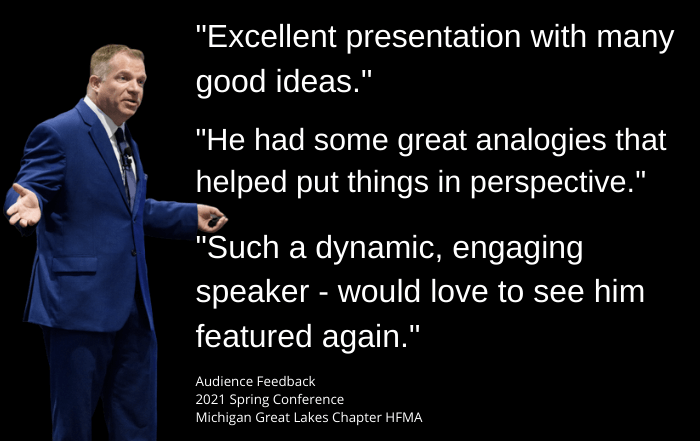 As a busy leader, do you ever wish you knew how to prevent information overload? I think of it as the feeling when you are overwhelmed by so much information that you don’t know what to do next. FYI: That feeling inspired the title of my book, Stuck on Yellow.
As a busy leader, do you ever wish you knew how to prevent information overload? I think of it as the feeling when you are overwhelmed by so much information that you don’t know what to do next. FYI: That feeling inspired the title of my book, Stuck on Yellow.
As a leader, if you can avoid information overload, then you’ll gain more productive time and decrease stress. Otherwise, if you’re not careful, you’ll know a lot but end up accomplishing very little.
We’re lucky to live in a time when information is plentiful. Want to find something out? Just look online.
The same goes for your team at work. You can easily email, text, or call people for updates or more information.
Access to information is good but do you spend your day, feeling like you’re sitting in front of an open fire hydrant? And what is the opportunity cost of spending your time that way?
Let’s discuss some solutions, so you’ll know how to prevent information overload:
Limit Your Focus
Just because you have easy access to information, doesn’t mean you have to know everything. Think about those things you check that are nice to know but aren’t essential to know. Freeing yourself from them will give you more time.
For instance, on most days, I only need to know the weather in my area. If I don’t have family, a vacation, or an upcoming speaking engagement in another state, knowing the weather there doesn’t really help me. It’s interesting but not essential.
Trust Your Employees
While it’s good to monitor the progress of your employees, you shouldn’t be looking over their shoulders, as they perform. Set expectations, provide appropriate training, and review the outcomes.
You will exhaust yourself if you micromanage employees. Instead put more of your focus on the results and not on the daily work.
Think of it like a magic trick. You’re paying someone to perform the trick, not teach you how it’s done.
Create Time Boundaries
Understanding how to prevent information overload doesn’t mean you cut yourself off from the world. But you control how much time you’re spending on things.
For instance, instead of constantly doing it, maybe you only surf the internet a few times a day. And then it’s just for ten minutes. Set a timer to keep you honest.
Without boundaries, a quick check of information can become a longer than anticipated online visit.
Control Updates to Prevent Information Overload
While you want employees to keep you in the loop, do you need them to be giving you constant updates about what they’re doing? Reviewing and reacting to all of those messages can take a lot of time.
For items that are not urgent, it’s good to have employees group reports and questions into one or two emails. Those can be sent out twice a day, usually one in the morning and one in the afternoon.
Now, instead of getting ten or more message, you’re only receiving two. You can review and react to them at once, rather than throughout your day.
Evaluate Your Progress
It’s important to self-monitor to make sure you’re not falling back on old habits or developing some unproductive ones.
There will be times when you’ll need to be more involved in certain projects. But when they end, you’ll want to return to your default level of information gathering.
If you can find the right fit, then you’ll become a much more effective leader. I’ve found this can also help with your work-life balance.






